What it's like to be a teenager in North Korea
Dating, drinking, having sex, exploring sexuality, falling in love. Hallmarks every teenager experiences, but what about those growing up in one of the world's most repressive regimes?
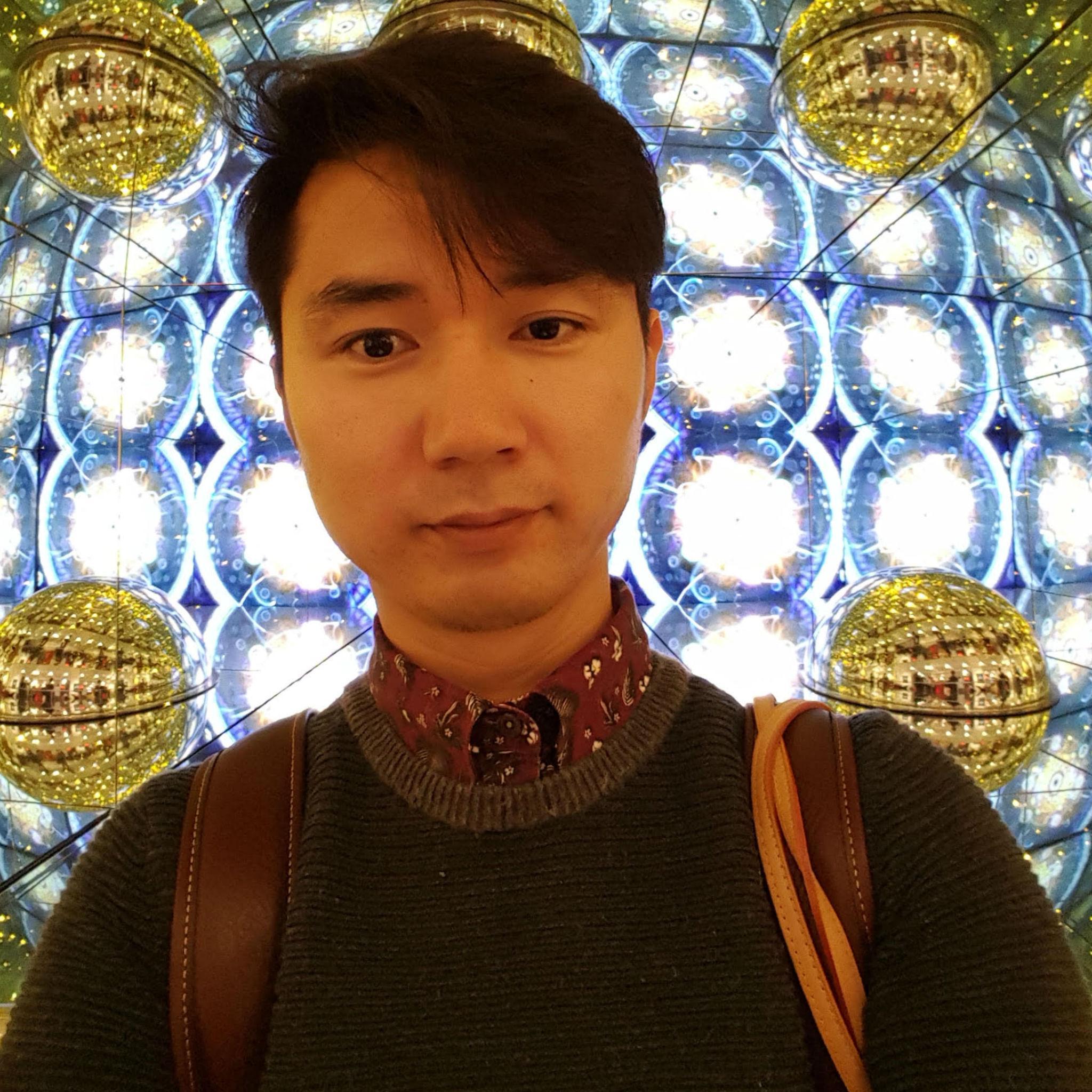
Your support helps us to tell the story
From reproductive rights to climate change to Big Tech, The Independent is on the ground when the story is developing. Whether it's investigating the financials of Elon Musk's pro-Trump PAC or producing our latest documentary, 'The A Word', which shines a light on the American women fighting for reproductive rights, we know how important it is to parse out the facts from the messaging.
At such a critical moment in US history, we need reporters on the ground. Your donation allows us to keep sending journalists to speak to both sides of the story.
The Independent is trusted by Americans across the entire political spectrum. And unlike many other quality news outlets, we choose not to lock Americans out of our reporting and analysis with paywalls. We believe quality journalism should be available to everyone, paid for by those who can afford it.
Your support makes all the difference.Getting drunk with friends till dawn, going on dates to the cinema, playing too many video games. While these might sound like run-of-the-mill adolescent coming of age exploits, these activities took on a rather different form for Jimmin Kang in North Korea.
Drinking with friends was overshadowed by the fear of talking about the regime, going to the cinema was blighted by not being able to kiss in public and having to watch one film six times because nothing else was showing. Video games were confined to an interminable cycle of Mario Kart played on 80s consoles.
However, on this particular day, even these past-times were off limits. Observed on 9 September every year, Independence Day is a public holiday which marks the founding of the Democratic People's Republic of Korea (DPRK) and its liberation from the Soviet occupation in 1948. For one day, everything in the hermit kingdom is closed and a surreal fist-pumping military parade takes place across the capital city of Pyongyang.
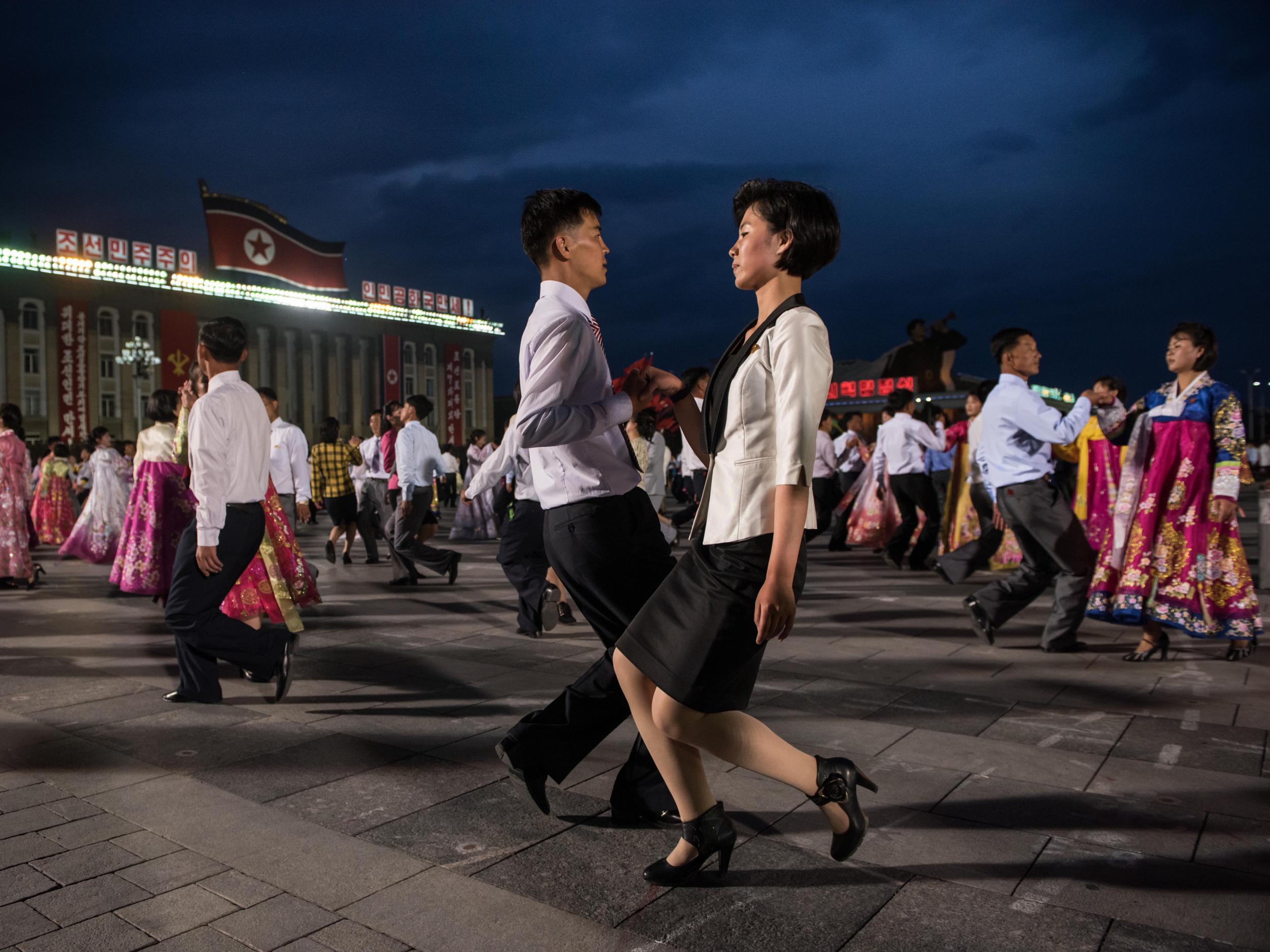
“People would gather in the squares from morning until six o’clock and sometimes we would walk with the army. It was a very tiring intense day,” says Kang.
Born in 1986, Kang grew up in the eerie, grey, concrete streets of Pyongyang. Living in a small, ordinary flat in a downtown area of the totalitarian metropolis with his mother, father and sister, Kang spent his days working for the Kim Il-sung Socialist Youth League and evenings playing pool with friends.
“I worked in the head office but we would go around factories, schools, universities and more teaching people Juche, the state ideology of North Korea,” he explains. “Everyone aged between 15 and 30 has to be in the union. I taught people North Korean culture and encouraged them not to listen to American pop music or watch dramas from South Korea and China”.
Outside of office hours, Kang would then find ways to watch American and South Korean films under the radar of the authorities, watching everything from American action movies with Stephen Seigel to films with Jackie Chan and Bruce Lee.
“You can be killed for watching American or South Korean films or dramas. You might say that’s crazy, but if people understand freedom or know how people in other countries live, it is dangerous for the government”.
Kang also passed the hours with his girlfriend. In the week they would go on walks alongside the riverside and on the weekends they would go the cinema. However, there was a limit to the intimacy of these dates. “You can’t kiss in public places, it’s not illegal but it’s not cultural practice,” he recalls. ”You’re also not supposed to have sex before you are married.”
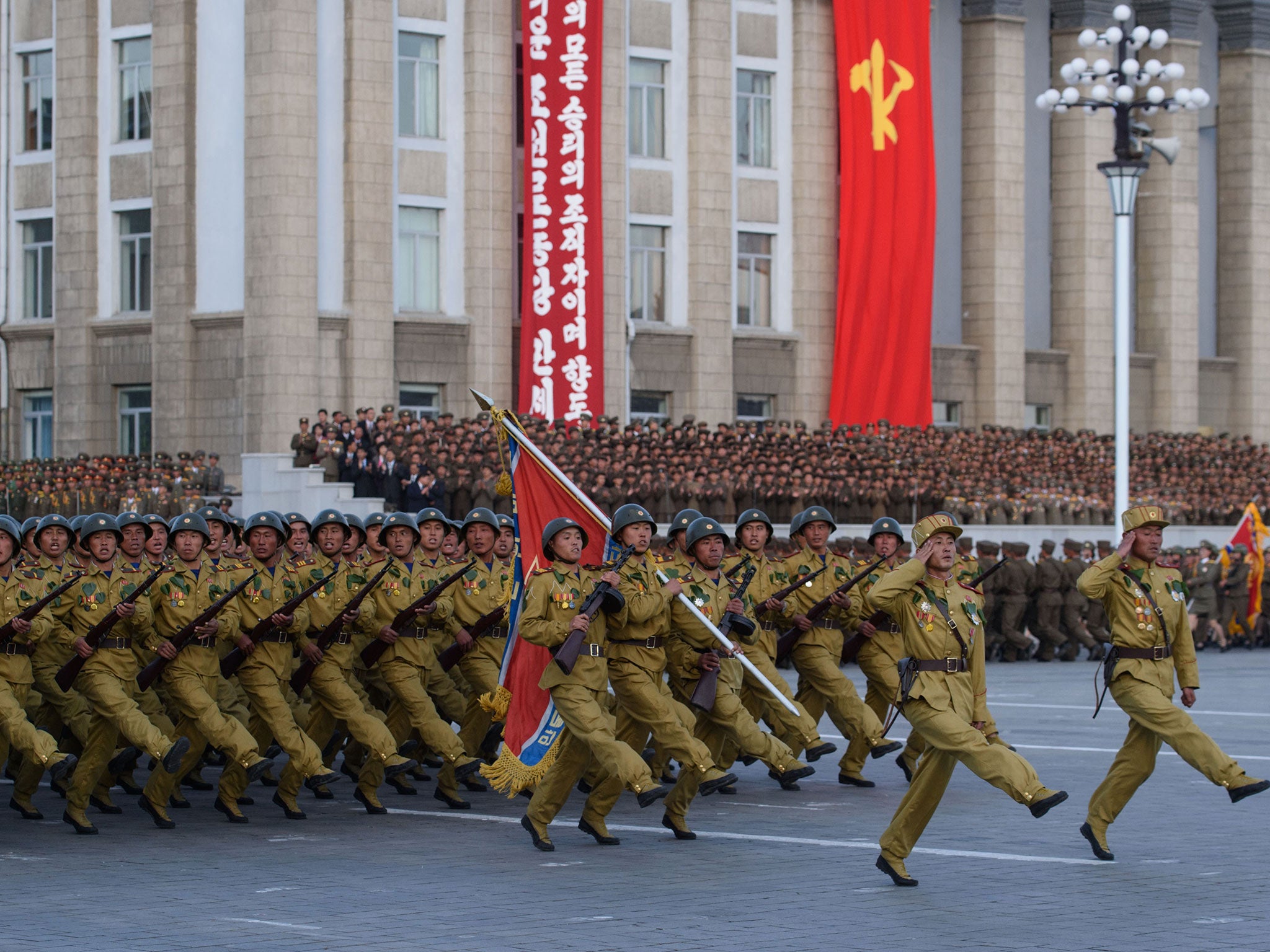
Inevitably, young people found ways of being intimate with each other. “Parents are often at work all day so couples will go to their house. When I was young a saw a couple having sex in the park”.
Watching pornography was another sexual activity which was a no go. “I never watched porn there, it would have been really dangerous. Some people have pornography but if the government found them they would go directly to a camp.”
Homosexuality is another taboo in North Korean society, so much so that Kang says there was no concept of it, let alone a word for it. “A man followed me and tried to touch me but at that time I didn’t know what gay was. Then I came here and finally I understood what gay meant and I thought ‘Ah, he was gay. That’s why he liked me’”.
After a long shift at work, Kang would often wind down with friends over beers or Suji, Korean vodka. “There were no nightclubs but there are bars where they only sell beer. Women are allowed but no children. It just looks like a normal bar but there is no music. I would go a lot in summertime, about twice a week, because it’s very hot so you want cold beer”.
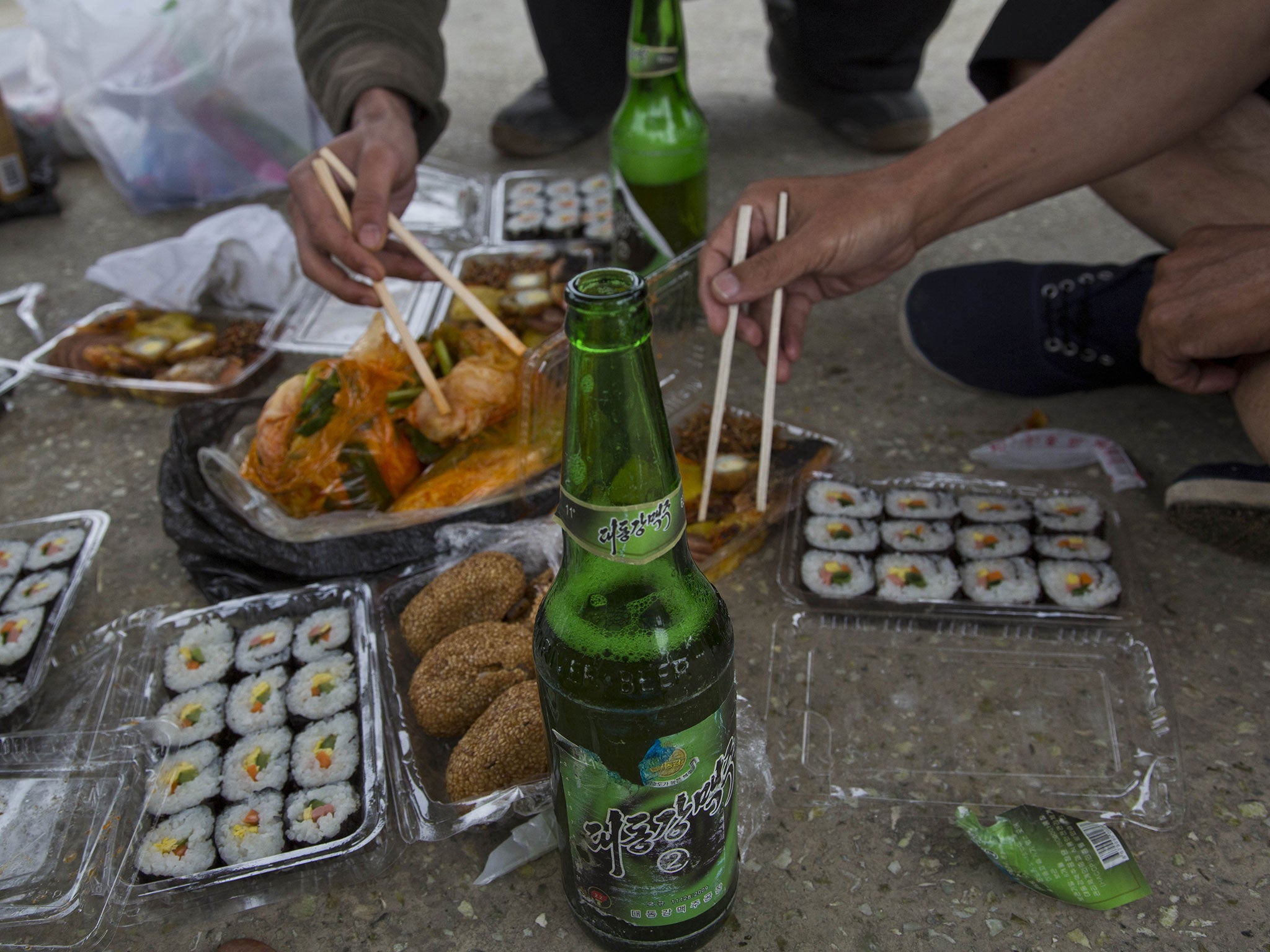
Despite coming from a middle-class family, for the most part, he says other activities were out of reach due to costliness. “There is one bowling alley in Pyongyang but I only went once because it was very expensive. They only accept American dollars which I had got from selling stuff on the black market,” he recalls. “Roller skating is popular but you can’t go on the streets and must go in a park. Ice-skating is also popular but there is only one place”.

While there were arcade type places where he would play video games, he says it would quickly get boring because the consoles were so outdated. When it came to birthdays, Kang would celebrate with all the usual fare - apart from cake. “South Koreans eat cake but that culture came from America, in North Korea there is no cake. But we would have food, drinking and singing and dancing all night and getting drunk and the party wouldn’t stop until sunshine”.
Nevertheless in a country overwhelmed by electricity shortages, fun was often overshadowed by the threat of electricity vanishing and Kang says sometimes it was not possible to do stuff for days because there was no power. What’s more, he says if the government found you using heating during these periods, you could be sent to a Labour Camp.
In other words, life in North Korea was lived out under the unremitting gaze of Kim Jong-Un. So much so that Kang would attend roughly three rallies for the supreme leader every year.
“It wasn’t a fun day,” he reflects. “It was really hard work. Standing and marching for three hours in the wintertime is horrible because it’s freezing. But then in the summer it’s bad because it’s over 40 degrees.”
On top of this, as a young teenager Kang would be sent to a village for 14 days of farming once a year. “It was very hard work and there was no machine and only hand. We worked 12 hours a day sometimes 14.”
It wasn’t until 2007, at the age of 20, that Kang finally escaped from North Korea. His mother had left a year before. Kang told nobody, not even his girlfriend, he planned to leave. But fleeing the regime was no easy feat. He says he and his sister were caught six times before they got to China. Each time they would pay someone off.
This was only possible because he managed to save up money from selling electrical goods on the black market - a fast-growing phenomenon which the North Korean authorities are failing to control. After being perpetually caught, Kang eventually managed to track down a broker whom he paid $10,000 so he could cross into China. There he found another broker who got him to the UK on an illegal passport where he claimed asylum.
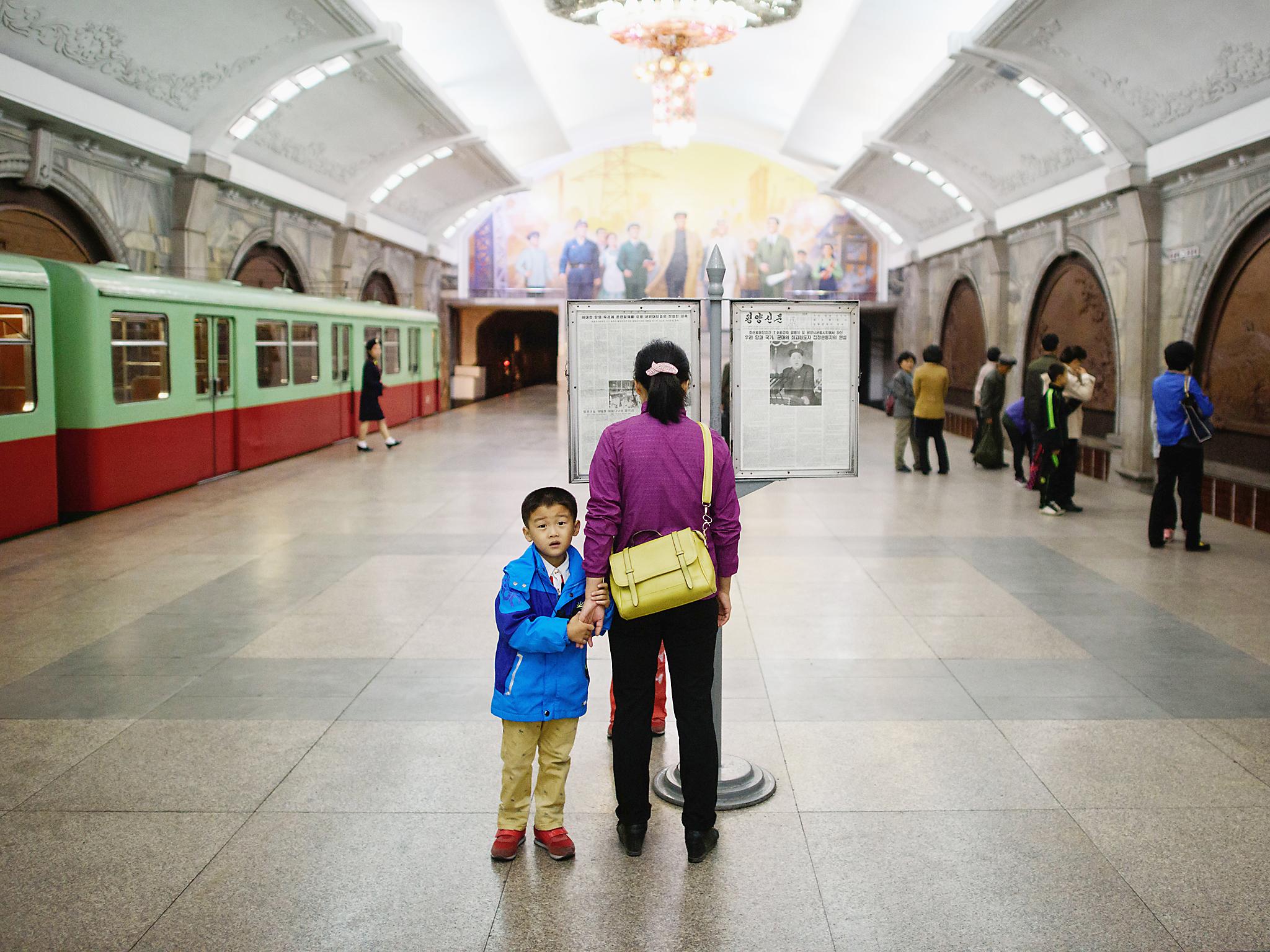
Kang, now 30, lives in New Malden, a sleepy south-west London suburb which is home to an estimated 600 North Koreans and is the largest North Korean community in Europe. He works in a Korean Travel agency and is currently in the process of getting his memoir translated into English, and then hopefully published.
For Kang, the hardest thing about leaving his home behind is not knowing if his father is dead or alive. His father sent him a letter with photos in 2012 via a broker but they have not spoken since then.
“It’s very expensive to contact people in North Korea. You have to contact them through a broker and it can cost up to a £1000 to talk for just a few minutes,” he explains. “The broker I knew went to prison for two years but he is out now. Last week I asked him again if he could find my father but I have not heard back. I don’t think my father’s situation is very good”.
Nevertheless, a growing elite class of North Koreans has emerged. Living in “Pyonghattan”, the upper echelons of society, who tend to hold official government positions, adopt a highly different lifestyle to the rest of country. While others struggle to subsist, they spend money on designer clothes, eating in fancy restaurants and making the most of a range of new amusements Kim Jong-Un is busy building for them.
But life remains stark for the overwhelming majority still living in a country with a regime a UN report accused of crimes against humanity, including systematic extermination, torture, rape, forced abortions and starvation.
Subscribe to Independent Premium to bookmark this article
Want to bookmark your favourite articles and stories to read or reference later? Start your Independent Premium subscription today.
Join our commenting forum
Join thought-provoking conversations, follow other Independent readers and see their replies
Comments